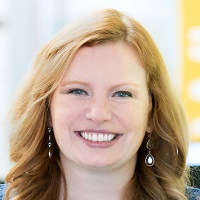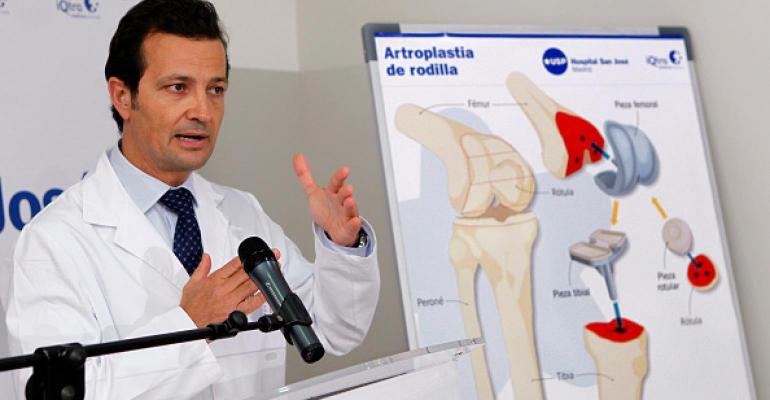If your meetings for healthcare providers are short but plentiful in key opinion leaders and networking events, you’re on the right track, according to Ashfield Meetings & Events’ latest white paper, The Science of Healthcare Congresses. A trio of Ashfield’s medical-meeting experts recently delivered useful lessons based on that research in a webinar focused on what HCPs like—and don’t like—about meetings.
Their presentation, “Creating Compelling Events for Today’s Healthcare Professionals,” addressed three specific areas.
How long HCPs are willing to be away from their practices to attend events
Given that the 200 HCPs surveyed in early 2019 said that they want to be out of office no more than 3.25 days total for an event—a half-day less than what respondents said just two years earlier—medical-event planners could consider building regional “recap” events that present the most important information from a national or international conference. In fact, 94 percent of respondents said they would attend a regional conference that presented key findings from a larger event.
In lieu of this, podcasts are becoming more popular with HCPs because they are willing to listen during their work commutes, said Melissa Welch, senior operations manager for Ashfield.
The preferred sources and quality of data and insight
The white-paper research found that HCPs most desire new data and trial results from the events they attend, as well as on-the-ground reports specific to their specialty. They want more key opinion leaders delivering symposia and case studies, and they are interested in one-on-one KOL engagements even if those are brief, according to Katie Koziol, director of client services for Ashfield (pictured here).
 Interestingly, HCPs are strongly attuned to the quality of exhibitor communications at events. “HCPs want information on recent advancements and future pipeline, and they want exhibiting companies to focus on their progress in a specialty or condition,” Koziol noted. “If a company has no presence on the show floor in a given year, then hosting a reception or having some other peripheral presence around the event does not keep HCPs from questioning the company’s commitment to that specialty.”
Interestingly, HCPs are strongly attuned to the quality of exhibitor communications at events. “HCPs want information on recent advancements and future pipeline, and they want exhibiting companies to focus on their progress in a specialty or condition,” Koziol noted. “If a company has no presence on the show floor in a given year, then hosting a reception or having some other peripheral presence around the event does not keep HCPs from questioning the company’s commitment to that specialty.”
What’s more, booth design is central to the satisfaction of HCPs as they build their knowledge. “It’s the strongest factor in getting attendees to stop at a booth,” Koziol said. In particular, private spaces to have conversations are strongly favored by HCPs. In contrast, “companies must fight the temptation to rely too heavily on technology elements in their booths because they can cause ‘screen blindness’ that diminishes HCPs’ retention.” In short, touch screens should be a complement to—not a replacement of—knowledgeable company scientists and reps who lead personal interactions.
The importance of peer-to-peer networking
Just as HCPs want spaces set aside for small-group conversation within exhibits, they want educational sessions plus prefunction and break areas set up to facilitate conversations with fellow HCPs. “Peer experiences and opinions are one of the most desired elements of in-person events, and the format has to account for that” in order to maintain attendance year after year, said Kelby Hicks, senior account manager for Ashfield.
Click here to listen to the full 60-minute webinar on demand at MeetingsNet.com.





